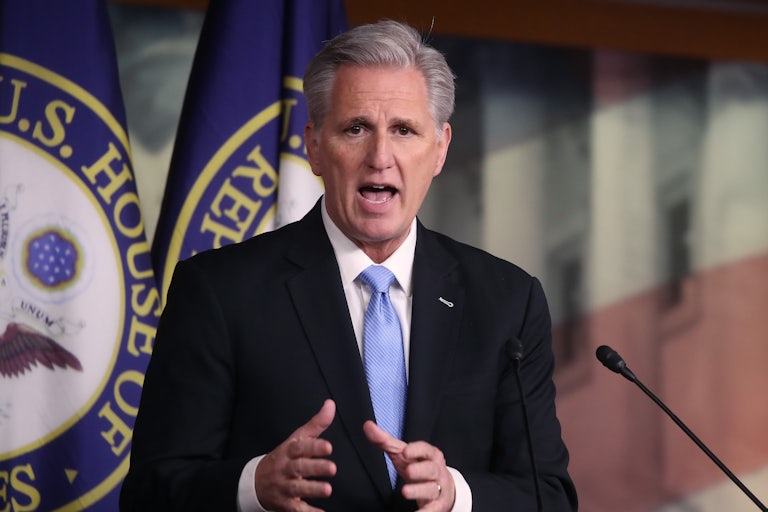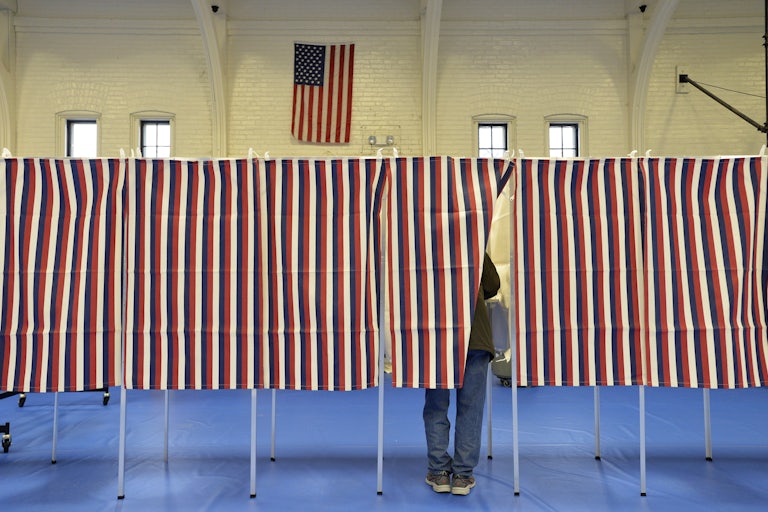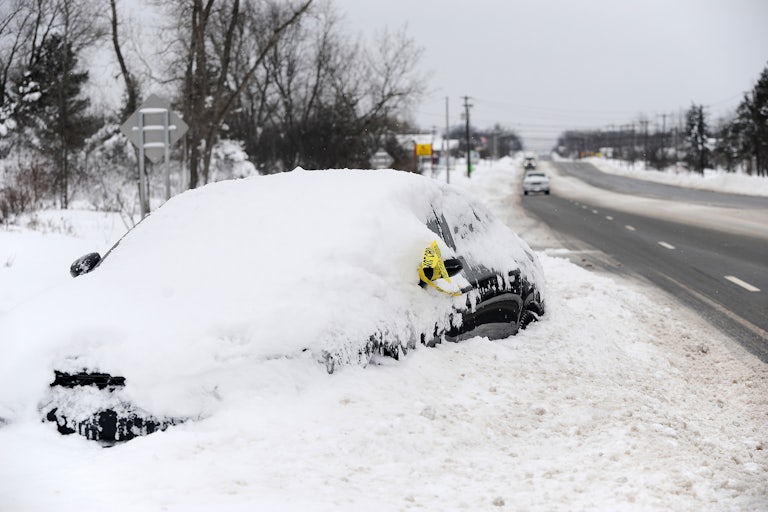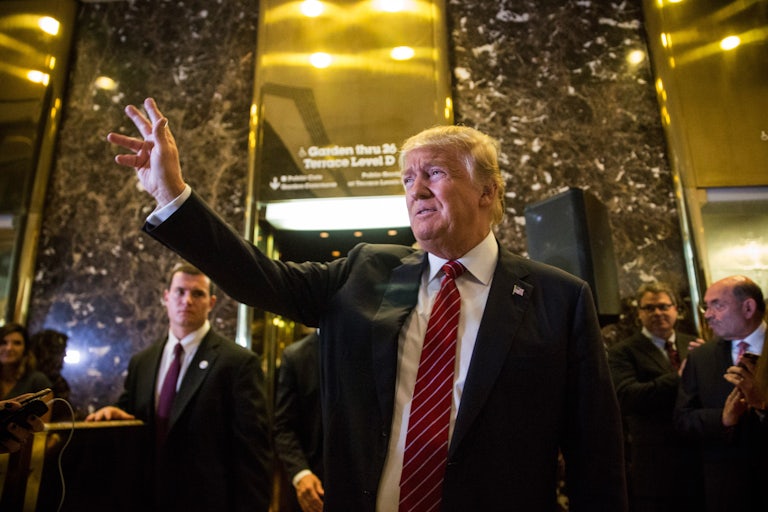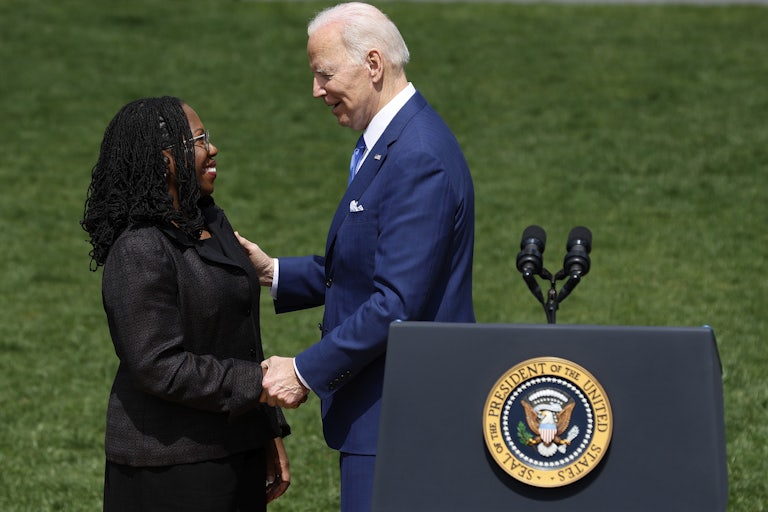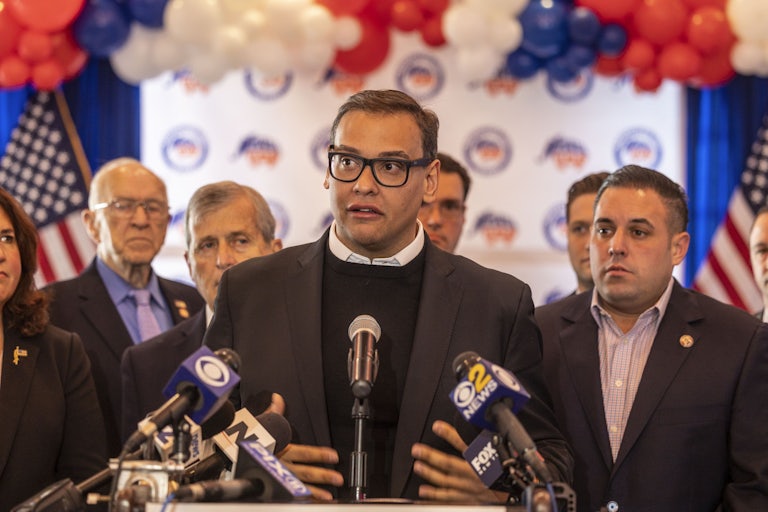Is the NFL Lying About Wanting to Keep Playing After Damar Hamlin Collapsed?
When Buffalo Bills’ Damar Hamlin collapsed on the field, there were reports that players would have five minutes to warm up and then resume the game.

On Monday evening, 24-year-old Buffalo Bills safety Damar Hamlin collapsed during a late-season matchup between the Bills and the Cincinnati Bengals. As the athlete lay motionless on the turf receiving CPR, tens of thousands of fans went silent, players buried their heads in their hands in despair, and the Bills team knelt in prayer for their fallen comrade.
The thoughts and prayers of all of Bills Mafia are supporting you, Damar. 🙏 pic.twitter.com/lDWNAOEPX4
— Buffalo Bills (@BuffaloBills) January 3, 2023
Hamlin collapsed right before 9 p.m.; an ambulance arrived to administer CPR around 9:03. At 9:17, officials announced the game would be temporarily suspended. The game was not announced to be fully suspended until 10 p.m., an hour after Hamlin first collapsed on the field. Hamlin remains in critical condition after what was deemed cardiac arrest.
After the collapse, and before the game was suspended, ESPN’s Joe Buck repeatedly stated that players would have five minutes to warm up in order to resume play. There even is a shot of the Cincinnati Bengals quarterback tossing a football, keeping his arm loose. “They’ve been given five minutes to quote unquote get ready to go back to playing,” Buck said. “That’s the word we get from the league and the word we get from down on the field.”
Then Troy Vincent needs to explain this, because Joe Buck is as good as it gets and I find it highly unlikely he would be shooting from the hip here. He literally says the five minute warm up was explained to him by the league and the officials downstairs pic.twitter.com/p58mVpLmgl https://t.co/cmzty7TBwq
— EJ Stewart (@EJ_Stewart) January 3, 2023
The report of a five-minute warm-up was also repeated elsewhere, including on ESPN Deportes and Westwood Radio, noted journalist Timothy Burke.
NFL Executive Vice President Troy Vincent claimed ignorance in a conference call hours later. “Five-minute warm-up never crossed my mind, personally. And I was the one … communicating with the commissioner,” Vincent said. “We never, frankly, it never crossed our mind to talk about warming up to resume play. That’s ridiculous. That’s insensitive. And that’s not a place that we should ever be in.”
It is certainly possible that there may have been miscommunication. But the ambiguity of what exactly happened offers another illustration of the struggle between the players and a league hungry to leach out as much as they can from them, even as the world watches one of them fall. After all, it seems the NFL was not eager to suspend the game in the first place:
Based on a variety of reports, the @NFL did not make the decision to suspend the Bengals-Bills game. Rather, players/captains and coaches from both teams, who had witnessed Bills safety Damar Hamlin getting CPR for 8 minutes, said they would not continue the game. #NFL
— David Shuster (@DavidShuster) January 3, 2023
This, while the NFL claimed the NFL Players Association was “in agreement with postponing the game,” feigning the idea that the league was leading the charge to stop play. We can be generous while we seek clarity about what exactly happened. But we ought not take statements from the NFL—which has allowed an alarming number of its players to develop brain degeneration and is famous for suppressing sexual assault claims against both players and executives—at face value. So the question stands: Is the NFL lying about how much it tried to stop the game after a player collapsed?
